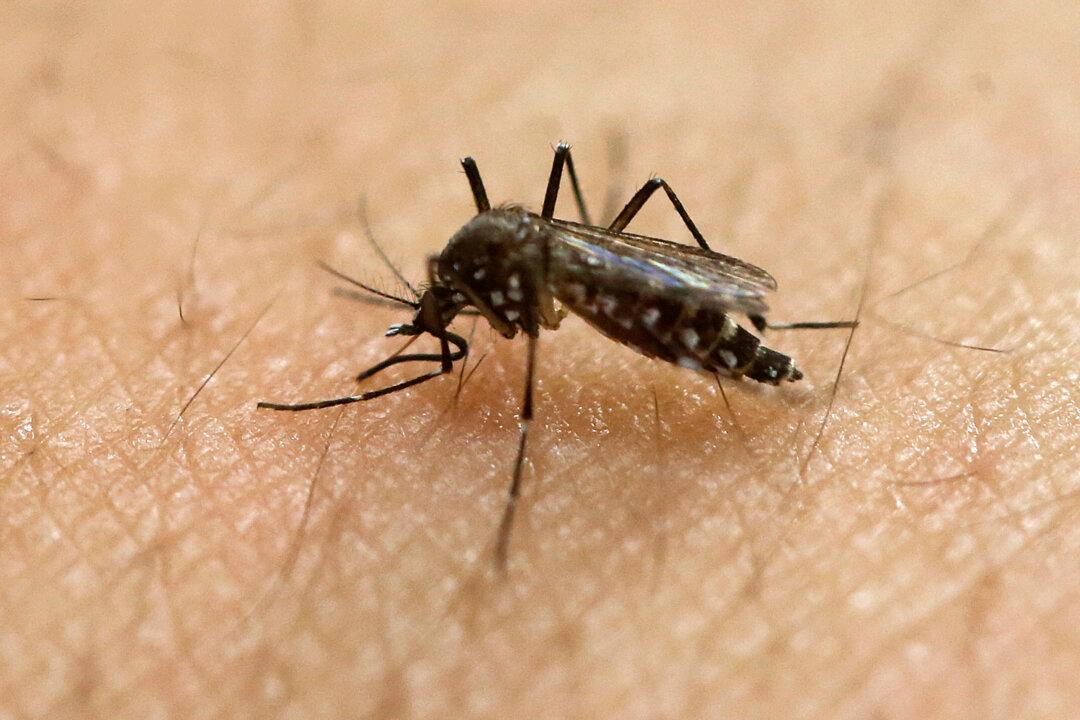Connecticut health officials issued warnings to residents after the potentially deadly mosquito-borne eastern equine encephalitis (EEE) was detected recently.
Mosquitoes that were found in the Pachaug State Forest in Voluntown on Sept. 23 tested positive for the virus, said the state’s Department of Health last week. The state then issued an alert to residents in the southeastern portion of Connecticut to protect themselves from mosquito bites.






